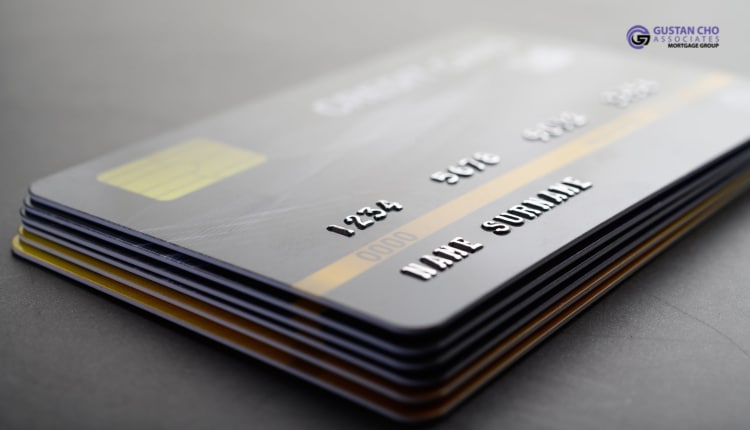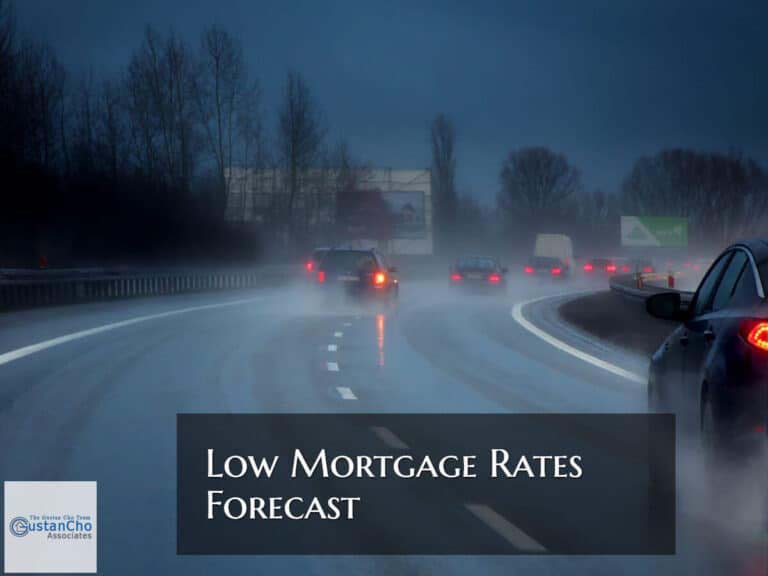Pricing Adjustments of Mortgage Rates With Low Credit Scores
This guide covers the loan-level pricing adjustments of mortgage rates with low credit scores. Borrowers will get higher mortgage rates with low credit scores. Lenders will hit borrowers with higher mortgage rates with low credit scores. There are no prior adjustments for prior bad credit, late payments, bankruptcy, or foreclosure.
On government loans, credit scores are the biggest determinant of mortgage rate pricing. On conventional loans, the credit scores and the down payment are the determinants of mortgage rates.
Many consumers may hear that mortgage interest rates have dropped to a year low and are at 3.23%. However, this interest rate is for prime borrowers with 740 credit scores and a 20% down payment. This rate is called the par interest rate. Then, there are loan level pricing adjustments (LLPA). LLPA is also referred to as pricing hits. Lenders charge higher rates for lower credit score borrowers.
What Determines Mortgage Rates With Low Credit Scores
The higher the risk lenders take on by borrowers, the higher the mortgage rates. Prior bad credit does not determine mortgage rates. Outstanding collections and charged-off accounts will not determine mortgage rates. Prior bankruptcies, foreclosure, deed-in-lieu of foreclosure, a short sale do not determine mortgage rates. Here are the factors that determine mortgage rates:
- Credit scores
- Debt-to-income ratio
- Loan-to-value (The higher the loan-to-value, the higher the mortgage rates)
- Manual versus automated underwriting
- Type of property condos and multi-family have higher rates than single-family homes)
- Loan amount (Lower loan amount means higher rates)
- Owner occupant versus investment property mortgages (Investment property loans have higher rates)
- FHA 203k loans versus standard FHA mortgages (FHA 203k loans have higher mortgage interest rates
Mortgage rates for individuals with low credit scores can be higher than those with excellent ones. A low credit score is a high risk for the lender. It suggests a high-risk default, typically leading to lenders charging higher interest rates to compensate for that risk.
Speak With Our Loan Officer for Getting Mortgage Loans
Getting The Best Mortgage Rates With Low Credit Scores
In this section, we will cover some key points to consider when it comes to pricing mortgage rates with low credit scores. Credit scores range from 300 to 850. Lenders often classify credit scores into different tiers, such as excellent, good, fair, and poor. The specific thresholds may vary depending on the lender.
The lower your credit score, the higher the rate you can expect to pay on your mortgage. This is because lenders consider borrowers with low credit scores to be more likely to default on their loans, and adjust the rate accordingly.
Some lenders may have minimum credit score requirements. If you have a credit score threshold, you may need to help to secure a loan with that lender. Other factors, such as your down payment amount, employment history, and debt-to-income ratio, can influence the interest rate. You may have room to negotiate your rate based on these factors and your financial profile.
Pricing Adjustments of Mortgage Rates With Low Credit Scores
Different loan programs may have varying requirements for credit scores. For example, government-backed loans like FHA and VA loans may be more lenient with lower credit scores than conventional loans. However, even with these programs, lower credit scores may still result in higher interest rates. While your credit score significantly determines your mortgage rate, it’s not the only factor.
How To Get Best Mortgage Rates With Low Credit Scores
To get higher mortgage rates with low credit scores, try to improve your credit. If you are looking for a mortgage, consider improving your credit before applying for a loan. This could include paying down debt and paying down your credit cards. It’s essential to shop around and compare mortgage offers from multiple lenders.
Different lenders may have varying credit score requirements and offer different interest rates. Shop for rates with a lender with a more favorable rate by obtaining quotes from multiple sources.
Remember that mortgage rates can change over time, so it’s a good idea to keep an eye on the market and monitor your credit score to take advantage of lower rates when your credit improves. Works with a mortgage broker who can help you navigate the lending landscape and find the best mortgage option for your situation.
Qualify for mortgage with low credit scores,Click here
Discount Points Charged By Lenders on Mortgage Rates With Low Credit Scores
Pricing mortgage rates with low credit scores is not just higher rates but lenders can charge discount points. There is a maximum mortgage rate a lender can charge on government and conventional loans. For example, maximum mortgage rates on FHA loans today cannot be more than 5.75%. This is the maximum a lender can charge with all loan level pricing adjustments. However, lenders will charge higher LLPA with borrowers under 600 credit scores including discount points. Let’s take a comparison of two borrowers:
- Borrower A has 700 FICO
- Borrower B has 580 FICO
- They are each purchasing a $200,000 home with an FHA Loan
- Borrower A will get an interest rate of 4.5%
- Borrower B will get an interest rate of 5.625% PLUS he needs to pay 2% discount points
- Discount points can be paid with sellers concessions
- A 2% discount point charge on a $200,000 loan is equivalent to $4,000
Borrowers with low credit scores will definitely get higher mortgage rates and may possibly pay discount points. It is best to try to boost credit scores prior to applying for a mortgage.
Qualifying For Mortgage Rates With Low Credit Scores
Borrowers with low credit scores will definitely get higher mortgage rates due to loan level pricing adjustments. The best way to get lower mortgage rates is to try to boost their credit scores before applying for a mortgage. There are some quick fixes in raising credit scores. Borrowers with no revolving credit tradelines can get a few secured credit cards.
Lower credit score borrowers are higher-risk clients. Therefore, the higher the risk, the more the rewards. This is why mortgage rates with low credit scores borrowers are higher.
Secured credit cards are the best tools for increasing credit scores. Three secured credit cards can do major wonders. Borrowers with maxed-out credit cards can pay down their credit card balances to a 10% credit utilization ratio. Maxed out credit cards lower credit scores.
Qualifying Today With a Lender With No Overlays
Contact Gustan Cho Associates for personal advice in boosting your credit scores and getting the best possible mortgage rates at 800-900-8569 or text us for a faster response. Or email us at gcho@gustancho.com. We are a mortgage company licensed in multiple states with no lender overlays on government and conventional loans and available 7 days a week, evenings, weekends, and holidays. We are also experts in non–QM and alternative financing loan programs, especially bank statement loans for self-employed borrowers.
Speak Qualify Today with A lender with no overlays, click here







